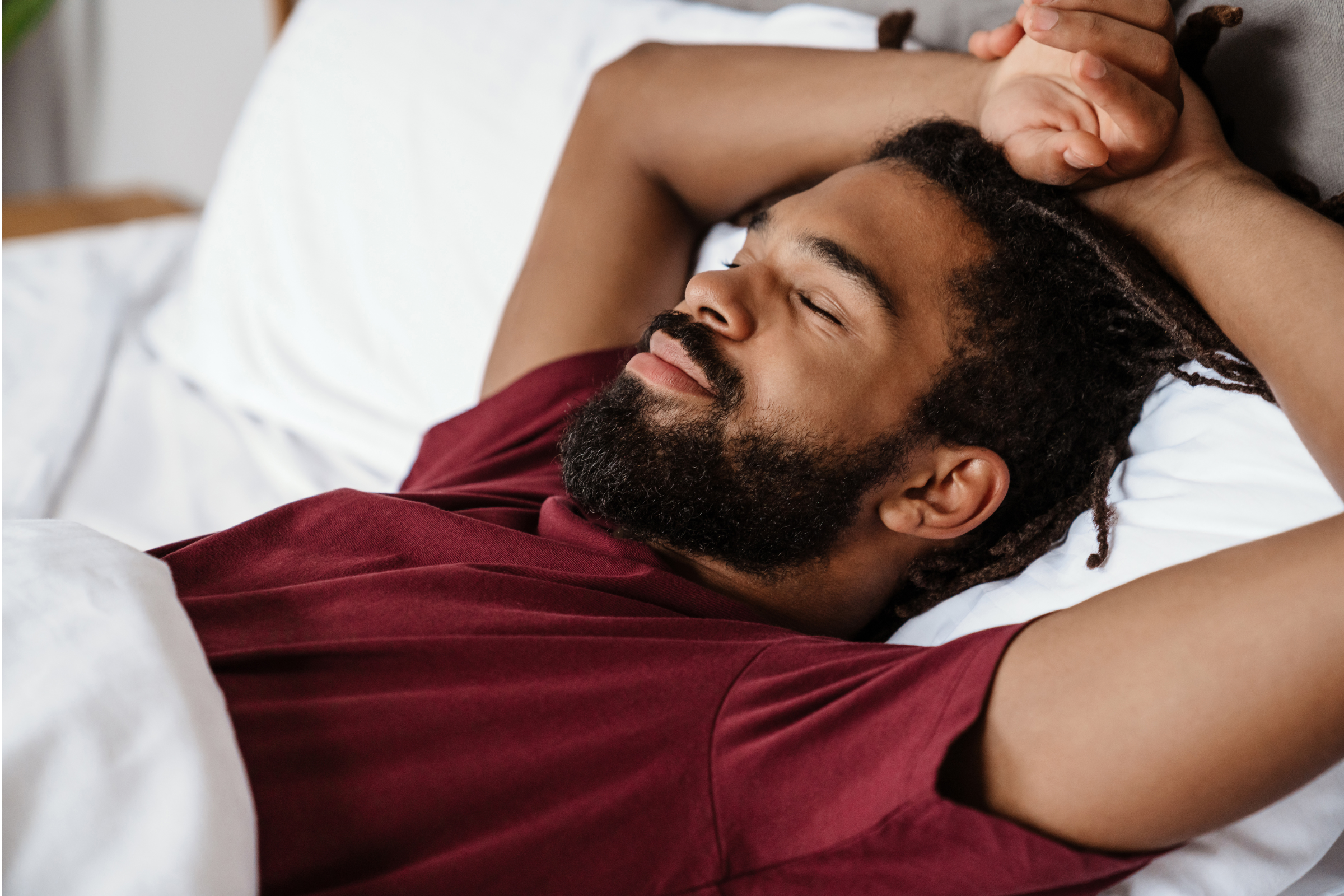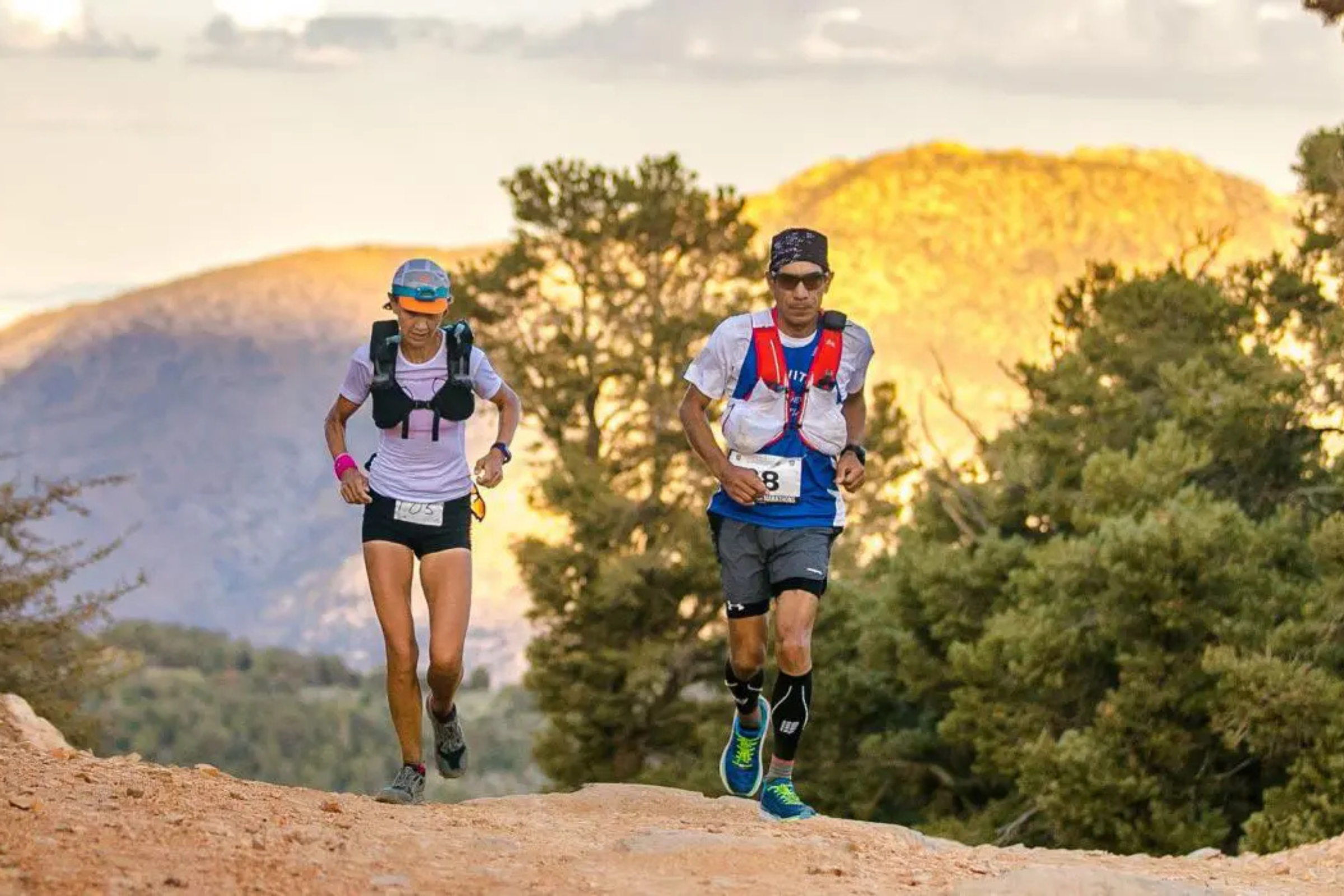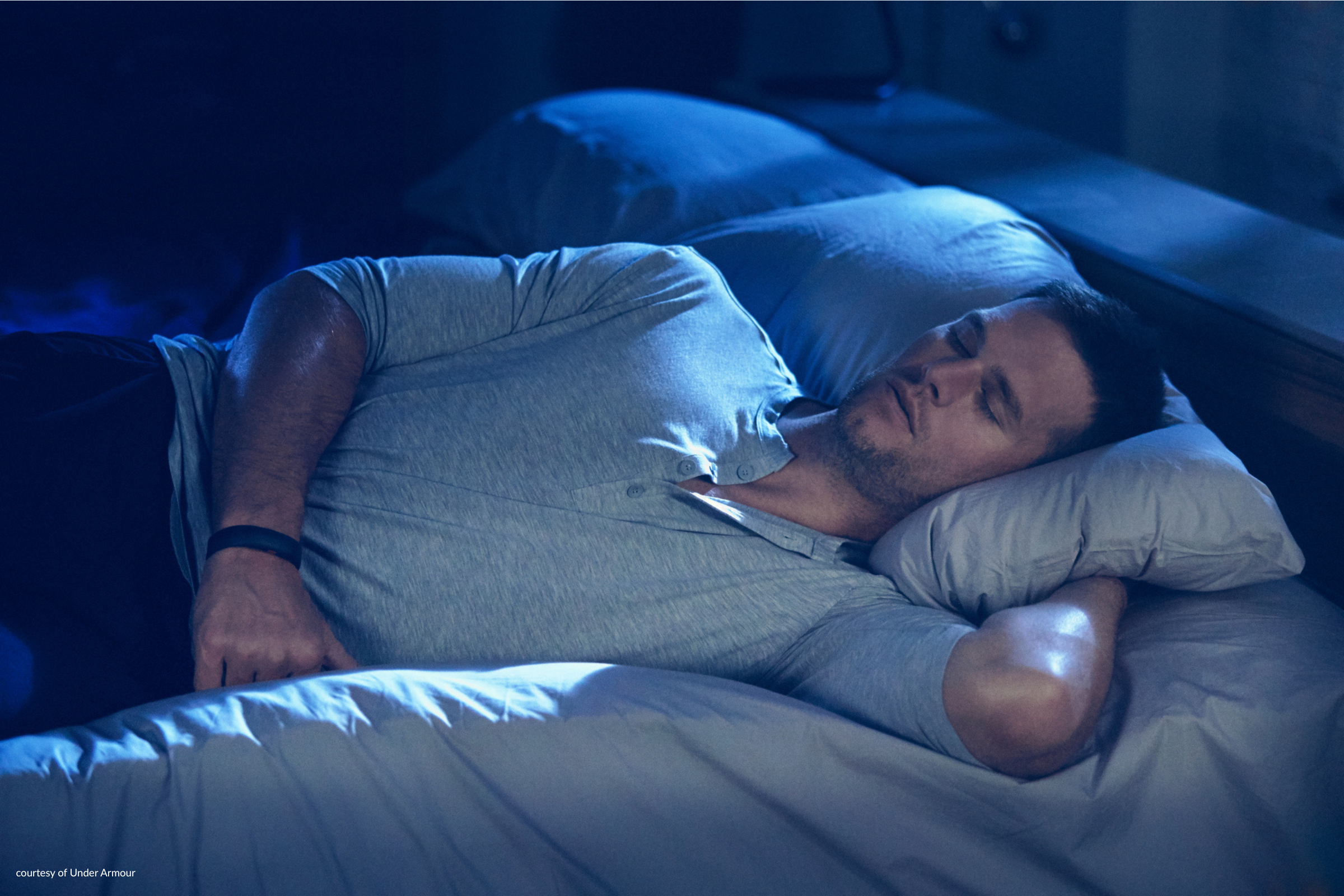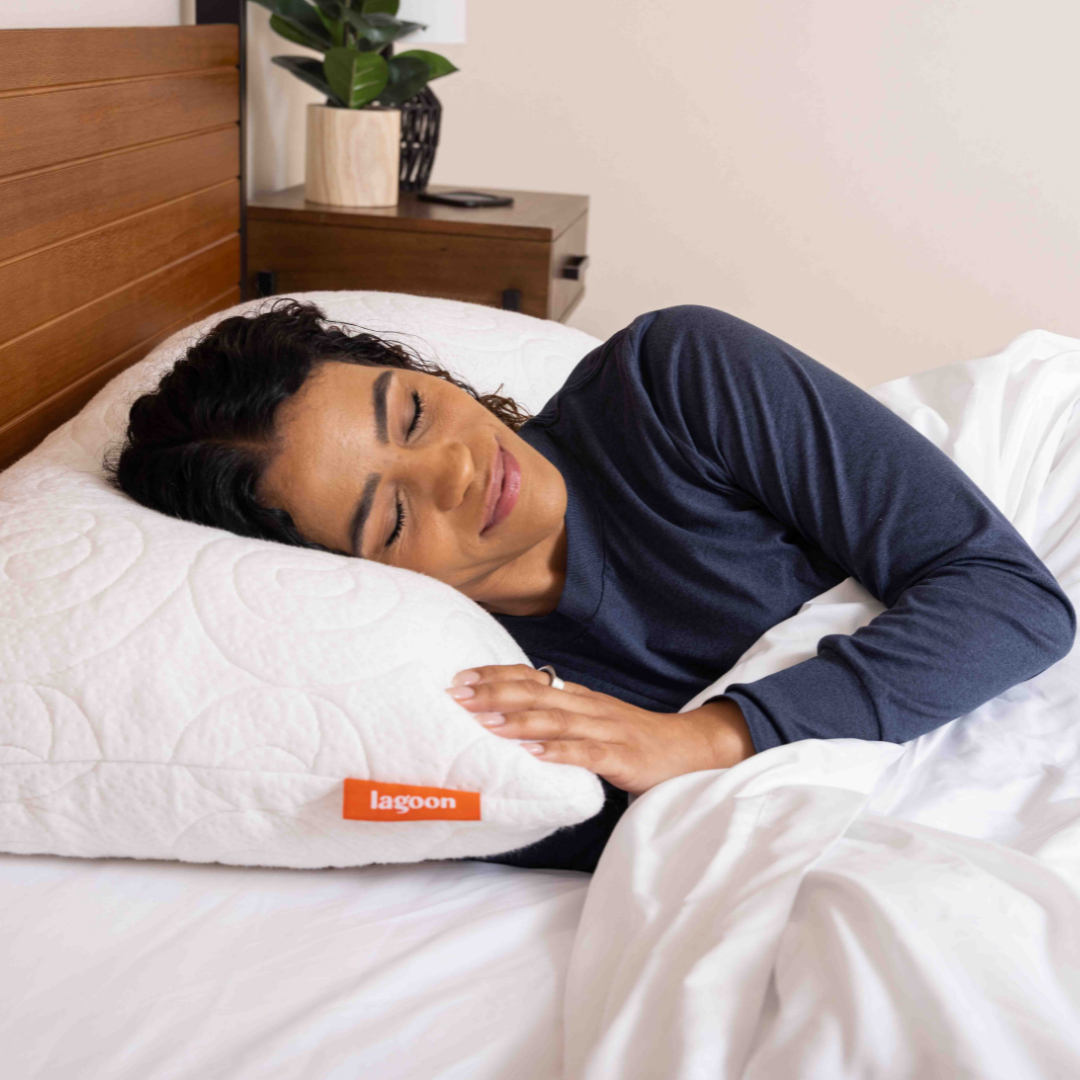How does the coming of autumn improve your sleep? Can banking sleep on the weekend improve your heart health? Also, why are experts warning against “raw dogging” your long runs? Let’s find out in this week’s edition of Sleep & Fitness!
🍂 How Autumn Can Improve Your Sleep, Weight, and Mood
Everything from your diet to your recovery shifts with the yearly cycle, and the cooler temperatures of autumn provide the perfect opportunity to exercise outdoors without the summer’s extreme heat and humidity. Not only does this reduce heat-related injuries and stress, but these dropping temperatures also create the optimal environment for sleep. With earlier sunsets and later sunrises, autumn promotes dark and cool nights that are crucial for restful sleep. Also, a variety of nutrient-dense vegetables are in season during these months - such as squashes, pumpkins, and brussel sprouts - which are full of vitamins and fibers that support healthy blood pressure, allowing you to perform better and sleep your best. So remember, the autumn season naturally helps keep your heart strong and your sleep deep - take advantage of it this year!
♥️ Bank Sleep on Weekends to Help Your Heart
Late nights and early mornings don’t have to mean constant sleep deprivation - try catching up on sleep during the weekends to lower health risks. While many believe sleep debt is irreversible, 91,000 participants were analyzed in a study that determined sufficient compensatory sleep can lower a person’s risk of heart disease by 20%. The participants wore sleep monitors to track their heart health, and after 14 years of follow-ups, those who banked sleep on the weekends proved less likely to struggle with cardiovascular health. So it’s not a lost cause if work, school, or personal commitments are interrupting your sleep routine. A consistent schedule is optimal for maximum rest, but in situations when this isn’t possible, plan time into your weekends, holidays, or break days to refuel with longer sleeps.
🏃 Why Experts Warn Against “Raw Dogging” Long Runs
The trend of doing something without the proper preparation - known colloquially as “raw dogging” has spread to the running world, and athletes are at odds. Some runners claim they consistently run without hydration, nutrition, or fitness trackers, but physiotherapists emphasize that this can impact regular bodily functions such as body temperature and cramp prevention. Without proper nutrition, your body risks being in a state of prolonged low energy that can increase injuries and slow recovery. Fueling up during long runs also helps train your body to efficiently absorb carbohydrates while moving to increase mileage and maintain intensity. Fitness trackers leave room for more flexibility depending on personal preferences and habits. Some people are more acutely attuned to their body's signals and prefer exercising without trackers, while others benefit from the positive reinforcement from these tools. Whether you choose to use these tools or not, hydration and nutrition are non-negotiables for extended healthy workouts over the long term.
🛌 The Elaborate Sleep Routine of an Influencer With Insomnia
The influencer “Miles Taylor L.” recently shared her complicated nighttime routine that helps her fall asleep with insomnia. As someone with both ADHD and OCD disorders that can have significant impacts on sleep, she has to go the extra mile to ensure a good night’s rest. The first product Miles uses is a Hatch alarm clock that combines light and sound. This helps her fall asleep faster and wake up quicker by simulating the sun to regulate her circadian rhythm. In terms of wearables, she uses a bonnet to keep her hair out of her face, and a weighted eye mask that’s pressure relaxes the nervous system. Miles also uses magnesium and melatonin sprays to help her fall asleep as well as stay asleep. Before bed, she sets her room to a cool temperature of less than 70 degrees F and eliminates screen time half-an-hour in advance. Her last trick is holding a stuffed animal as the pressure on your chest signals the fight or flight nerves located there to calm down. Though her routine may seem high maintenance, kudos to Miles for figuring out what works for her!
🧠 The Mysteries of the Sleeping Brain
From detoxing to homeostasis - your brain experiences a lot when you’re asleep. Its cleaning process is unique from your other organs and still under the microscope. The most popular theory proposes that fluid pulses into the brain to wash out harmful toxins, driven by pulsing arteries, but the difficulties that come with trying to experiment on a functioning brain have left us with only hypotheses. However, we do know that the brain tracks how long you’ve been awake and how much sleep you need. Known as sleep homeostasis, this process allows you to fall into longer and deeper sleep to recover from sleep deprivation. Though we know of homeostasis, we’re yet to understand how it tracks our waking and sleeping time. Some molecules released after long walks induce sleep by building up and creating pressure, but we’re still guessing how all of them interact with each other. It’s fascinating that whether you're in REM or light sleep, your brain is constantly working with your body and researchers are still constantly working to find out exactly how.
Whether it’s changing your sleep routine with the seasons, using weekends to catch up on sleep, or learning more about your slumbering brain - we’re on a journey to improve our routine sleep and fitness. Remember to follow @lagoonsleep on Instagram for your daily dose of sleep & fitness news and entertainment.







